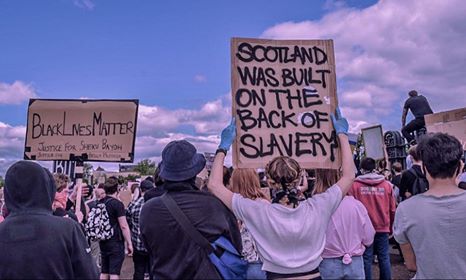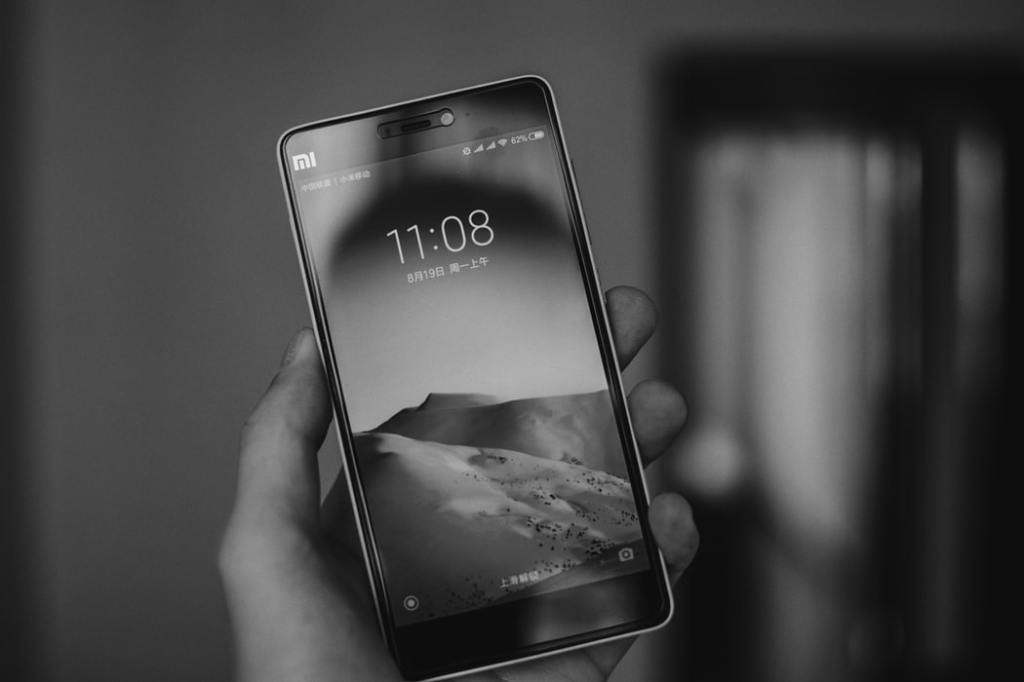To say that 2020 has been a turbulent year so far would be a grievous understatement. Alongside the WW3 scares, Australia’s wildfires and a devastating worldwide pandemic there has been a mass outcry for change and justice, sparked by the wrongful murder of George Floyd.
Following this murder of George Floyd, a massive surge of support for the Black Lives Matter movement has spurred on demonstrations against police brutality all around the globe.

Black Lives Matter is a movement that was born from the killing of Trayvon Martin in 2013, utilising the #BlackLivesMatter on social media to spread awareness. It takes inspiration from the civil rights movement and the centuries-old suffering of black people under systematic racism. This movement isn’t confined to America either, on Sunday, thousands attended a protest in Glasgow Green to show solidarity.
Social media has been instrumental in circulating important petitions and information regarding protests, the Facebook page for Sunday’s event included upwards of 13,000 likes. However, many people have used social media to post comments they would never utter offline.
Various comments such as “Rampant Criminality”, “Just bored thugs looking to destroy something” and “Selfish, they won’t care as much then they catch the virus” were all comments circulating on social media concerning the BLM movement. These all disregard how important it is to reject the current systematic racism that occurs in everyday life.
For those that have suddenly become concerned with those breaking lockdown rules, where was your anger when people hosted street parties in celebration of VE day? Where was your rage when on the hottest day of this year, thousands flocked to beaches to sunbathe?
It is not a matter of the Coronavirus pandemic being more significant than the BLM movement or vice versa. Both are extremely important to be educated about and relevant. Still, it stands that injustice against black people has been a problem for centuries and is consistently and conveniently swept under the carpet.
To those that are filled with outrage with the toppling of Edward Colston’s statue in Bristol, why? He was a slave trader, responsible for the deaths of thousands while in transit and was the catalyst for the sufferings of many thousands more. How is having a statue of him honourable and respectful in sort of way?
It is our duty to be involved and educated about these matters. We must know the lives that have suffered due to a system that we acknowledge and actively try to change it.
As a white person myself, it is crucial that I am mindful of infringing on POC and Black voices and experiences and instead listen and uplift black communities, businesses and organisations. It is so important to say something and to take action, as to sit in silence and ignorance would only aid this racist system.
Here is a helpful resource for non-black people to get involved with https://blacklivesmatters.carrd.co and if you are unable to provide monetary support, stream these video which donates all ad revenue to black organisations and bail funds: https://www.youtube.com/watch?v=bCgLa25fDHM https://www.youtube.com/watch?v=slbNdBuQzKw&t=4s https://www.youtube.com/watch?v=NokTSpMH44A








